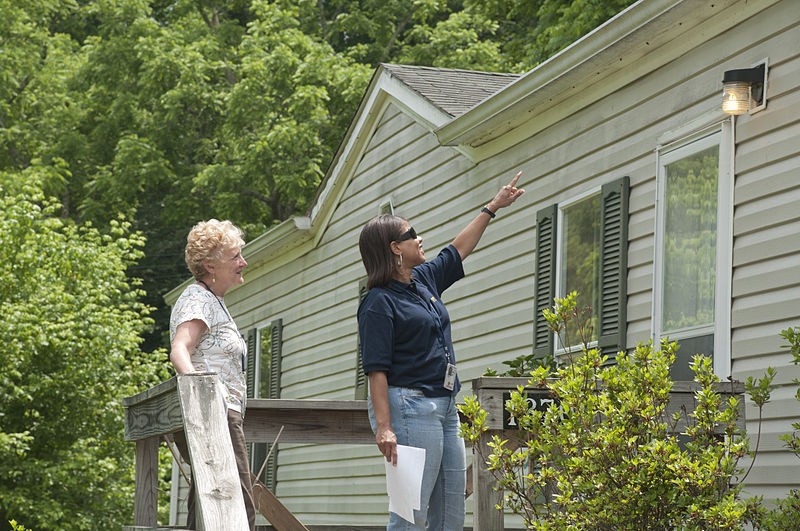
If you are selling your house that is already under contract, it is important to understand that a home inspection would be in order. This is to accurately assess the property and help the homebuyer decide if he wants to leave the contract or continue with it.
Home inspection specialists will only cover certain aspects of the property and will evaluate based on what they see. A home inspector's job is to check if the property has defects that put the health and safety of its dwellers at risk.
Here are the areas that highly-trained home inspectors usually look at:
Water damage. This can manifest in various ways. It could be that a leak in one of the pipes has given way to flooding in a particular area of the house, most commonly the basement.
It can also appear as puddles on the floor that usually seep from the wall, or maybe some discoloration of the wall due to the moisture trapped in the concrete.
FIND OUT MORE: Subletting: What It Is and How to Do It
Plumbing issues. This is similar but not limited to water damage. There are many kinds of plumbing issues, such as clogged drains and stuck toilet bowls. Sometimes nothing comes out of the faucet because there is a leak somewhere.
Plumbing issues also include opening the faucet but being unable to close it, resulting in the overflow of water in the house.
Structure and foundation damage. This is often the most obvious if the damage cannot easily be hidden by cosmetic techniques, like disguising a crack in the wall using a commercial sealant.
Another example of structural damage is when staircases, hallways, or any part of the house that show signs of deterioration due to age and lack of maintenance.
And one example of foundation damage is when the foundation of the house itself is compromised by either a large crack or missing pillars or anything that can potentially cause damage to the entire house because it has a weak foundation.
READ: What Is a Thermostatic Mixing Valve and Why Does Your Home Need It?
Roof damage. Roof damage is when the supporting beams of the roof are hanging, or even part of it has caved in. The roof can be made from different materials, but any defects in the structure are considered as roof damage.
Electrical issues. A common problem in electrical wirings is when the wires would cross circuit. This means that the two conductors that are supplying the energy to the circuit have a low resistance between them. This usually results in an excess voltage that flows to the power source. Most of the time, it damages the entire electrical system of the house.
Insect or pest infestation. When there is a beehive or an ant mound in the kitchen, but it usually is not as severe as that. However, insect infestation can be a serious thing, especially when they have gained access to the house itself and converted a dark hidden corner into their breeding ground.
It's just a matter of making sure that the house is clean of anything that might attract their attention, like leftover food and fruit peeling left in the kitchen counter or the dining table or even the floor.
HVAC issues. This refers to heating, ventilation, and air conditioning, which should be self-explanatory. You need to avoid any damage to those things.
If the heating system is not working, the people living in the house begin to suffer from the cold, to give an example. A heater is crucial in the winter, the air conditioner during the summer, and the ventilation all year round.
IN CASE YOU MISSED IT: $1.7Billion in Housing Payments Owed by Recently Unemployed Service Workers
© 2026 Realty Today All rights reserved. Do not reproduce without permission.



